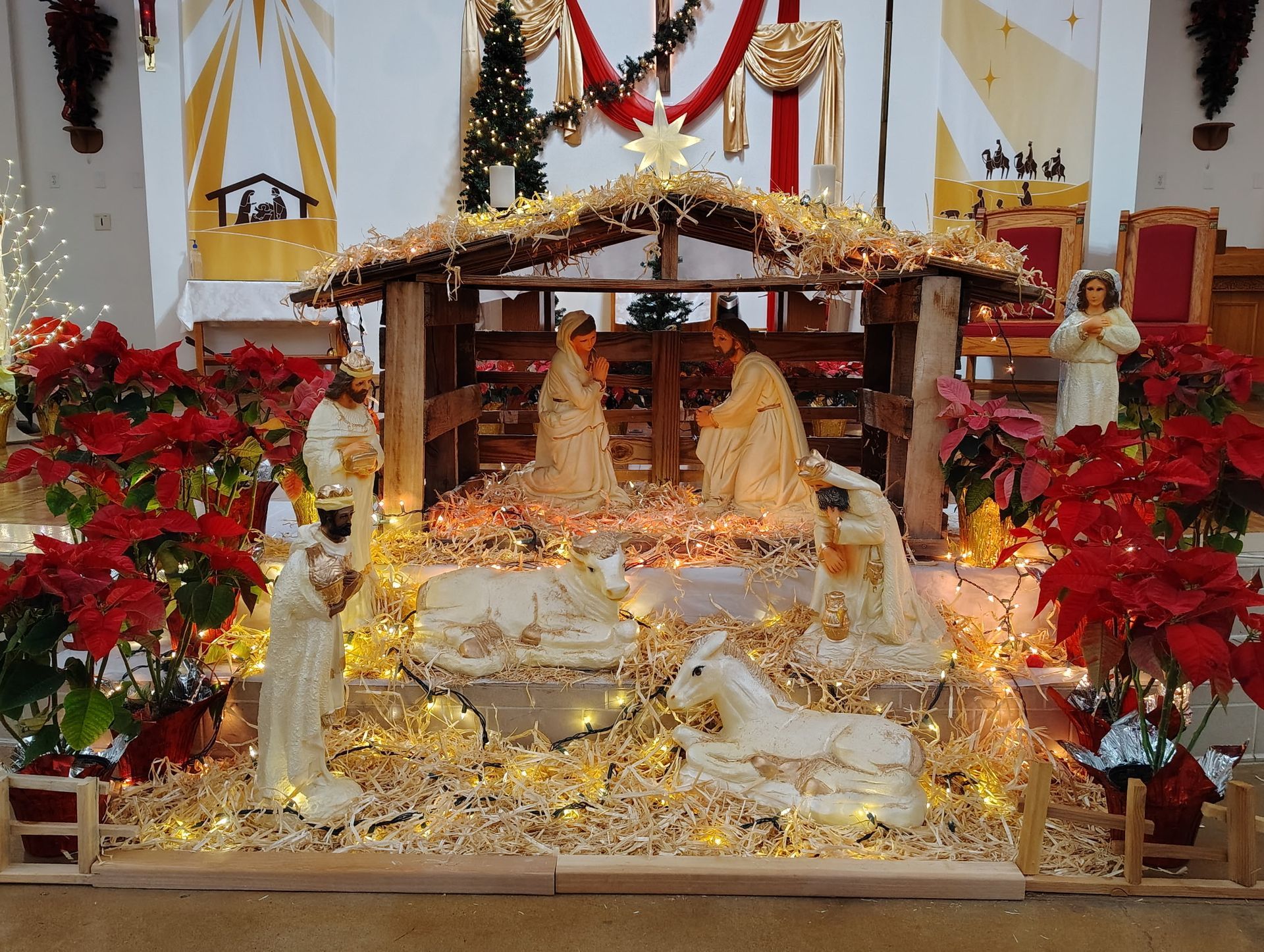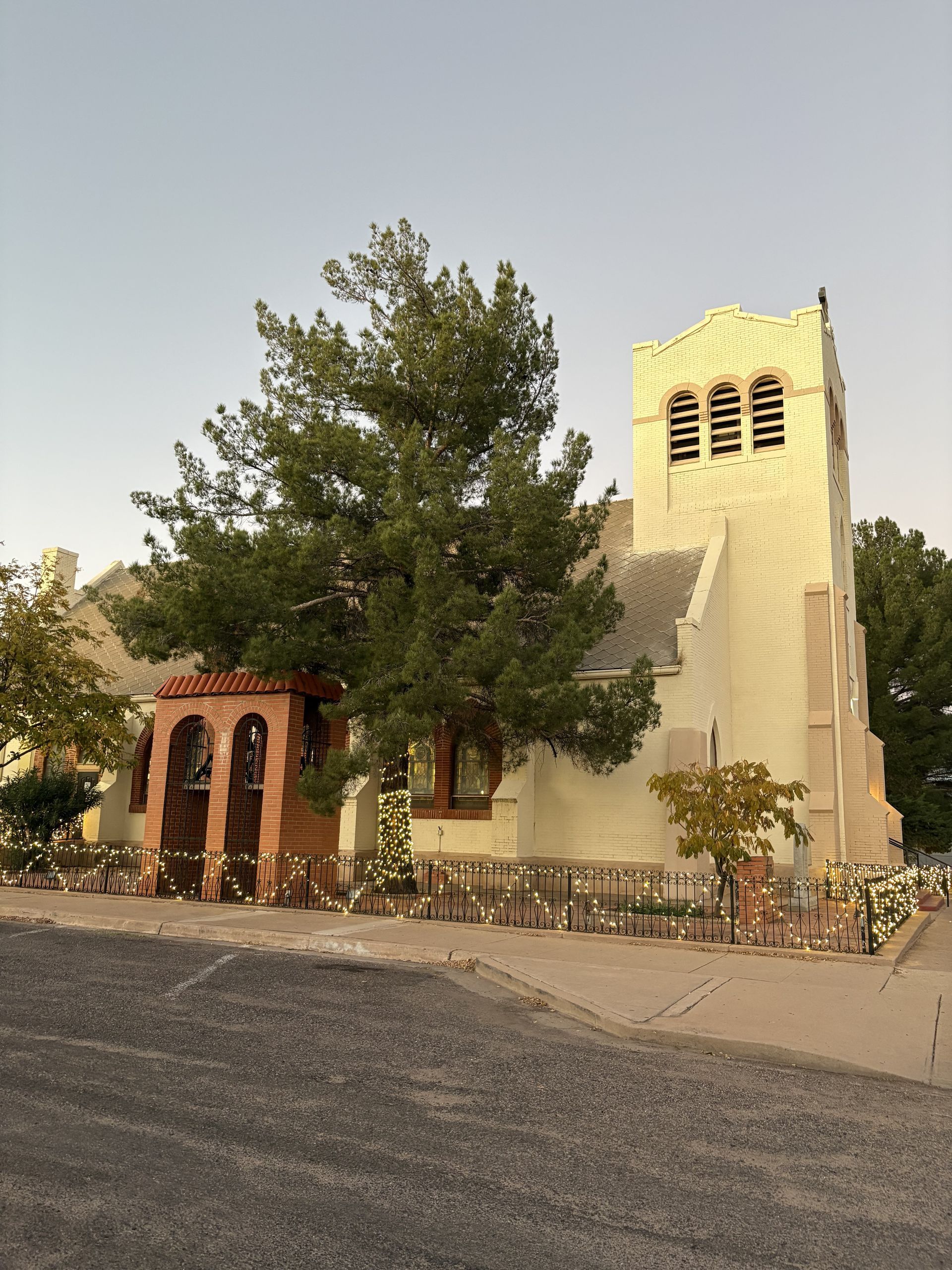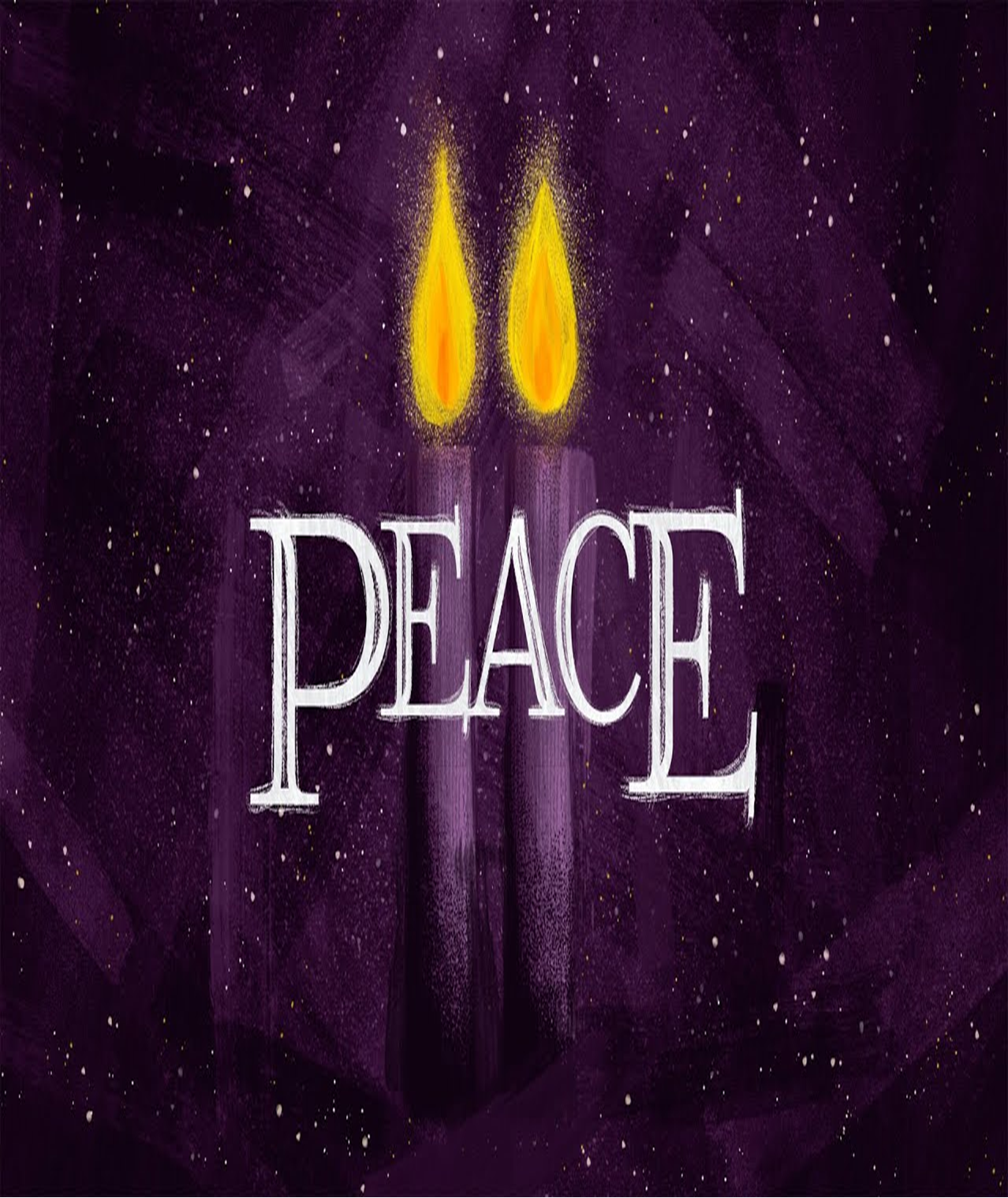On the Second Sunday of Easter, we prayerfully listen to the conclusion of the resurrection appearances in the gospel of John and the faith of the (doubting) Thomas. The gospel proclaimed (John 20:19-31) dramatically recounted the surprising yet powerful double appearance of Jesus to his terrified disciples hiding behind closed doors for fear of the Jews (in the upper room, same place where last supper was held), afraid they might be next in line, something they tried to avoid at all costs. Suddenly, Jesus breaks in through the locked door and says, "Peace be with you and showed them his hands and his side (Jn 20: 19-20)." We’ve been told Thomas was not around when Jesus first appeared to the disciples.
PEACE settled in despite all the troubles and struggles of Good Friday. Jesus greeted them with the words, Peace be with you! What a huge relief! Everything is alright. Don’t worry too much about what happened. The appearance was an assurance that the Paschal Mystery - victory over death, has been fully accomplished in Jesue Christ. This is what all of us hoped upon entering with Jesus in the eternal city a couple of weeks ago. They were thrilled. He's back! For the second time, he said, "Peace be with you. As the Father has sent me, so I send you (Jn 20: 21)." He breathed on them and continued, "Receive the Holy Spirit. Whose sins you forgive are forgiven them, and whose sins you retain are retained (Jn 20: 23)." These words left by Jesus gave the Apostles an all-important reason for the church's mission. He needs us to tell that frightening yet saving experience at the upper room. He counts on us...so much...I hope at the end of each confession, we'll be proud to say same as the Apostles, "We have seen the Lord! (Jn 20:25)".
While we are battling an invisible enemy whose nature is to spread like a contagion and cause as much damage, this Sunday, Jesus’ assured Thomas who said, "Unless I see the mark of the nails in his hands and put my finger into the nailmarks and put my hand into his side, I will not believe” that "Blessed are those who have not seen and yet believed." Although none of us is eye-witnesses, it doesn't make our faith and belief in the resurrection less authentic. A week later, Jesus came back and appeared again. He must have known Thomas' struggles and sentiments. This time, he said, "My Lord and my God."
The Acts of the Apostles, often called the gospel of the life of Christ, is a marvelous testimony of the transformation that shaped the early Christian community. They were not eye- witnesses and yet, it was not a hurdle to re-live and imitate the Apostolic example, the generation that preceded them. Chapter 2: 42-47 clearly demonstrates the very best in a Christian community. It is the most ideal in any parish dynamics. Togetherness is unmatched. Communal life is out of this world. Shared interests, mutual support and understanding went viral. This amazing story is the parish mission-vision statement in real time, the envy of so many. Their relationship with each other is the most important and cherished relationship in the world: Friendship that lasts and Fellowship that goes beyond the grave.
This happens when the risen Christ is at the center of community life. The presence of the resurrected Jesus is at the core of each member. Breaking of bread isn’t just sharing meals for the sake of physical consumption but prayer, an opportunity to praise the source and author of life regardless of what sort of food served in the table. We envy them but they were just as ordinary as we are experiencing job loss, risking lives for others, taking advantage of stay-at-home orders (spending quality time with loved ones), runing errands, watching TV, playing sports, exercising in the gym but there’s joy and great sense of awe in the way they conduct themselves. Within the group, there’s no division, no ugly attitude, no bickering, no infighting, no selfishness. There’s absolutely zero tolerance to negative energies. In so doing, they created a positive environment, a Godly ambience. Joy was highly contagious. Love was incredibly infectious. Little by little, unbelievers noticed them and they were drawn to it.
The word Koinonia, the bond that brought them as brothers and sisters propelled them to share material possessions. The moment you decide to share your precious possessions (time, talent and treasure), you must have reached a deep level of spiritual and religious life without you knowing it. They were in solidarity with each other which is where this crisis is leading us all. They took care of each other such that no one was needy and left behind. This human crisis sends a powerful message to us mere mortals whose existence is subject to a being higher than ourselves, God. We’ve learned to live by the essentials of life. Faith, belief, relationships and self-less love. Common good comes out in Catholic conversation quite often these days. Christianity is about risking life shown to us by Christ himself. It involves a lot of sacrifice. What does it mean to live this text in the here and now? How is our community doing? Does your group/ministry reflect the one described? If not, what are the things we have to work on?
As we break bread at our homes at any given time of the day, “may we eat our meals with exultation and sincerity of heart, praising God and enjoying favor with all the people.” Their houses became the primary places of worship. It was central to them. How do we worship at our homes? You hear a lot these days that humanity in general won't go back to normal lives ever again even after the discovery of vaccine. I hope what they meant was that solidarity will be the new normal, the new way of living, always looking out, reaching out for the invisible. Just like t he Christian community didn’t return to their former lives upon encountering the risen Christ which enlivens the church, I hope that we we will transcend from forced social isolation to a deep sense of community and fellowship, from suffering to faith-filled joy that is in Christ, and from self-love to selfless love. Amen.



